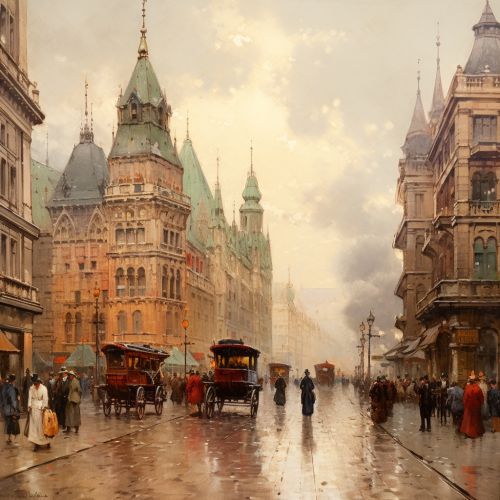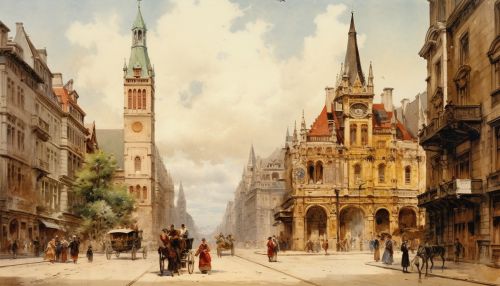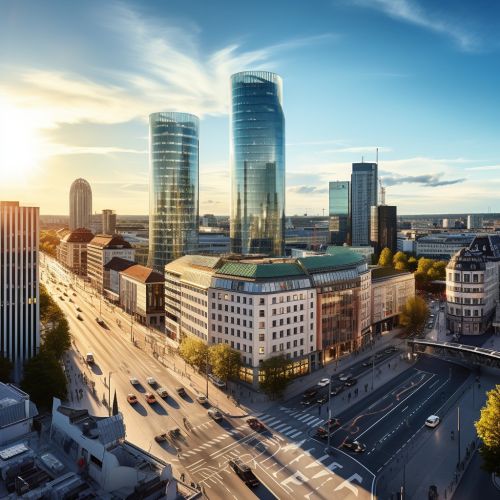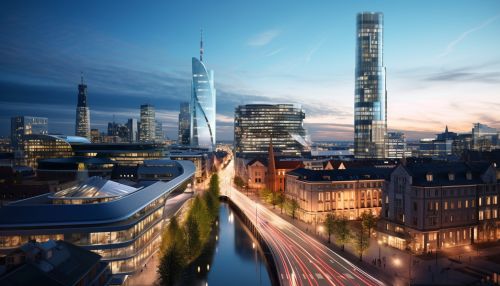Munich
History
Munich, known in German as München, is a city steeped in history. Its origins date back to the Middle Ages when it was founded by Henry the Lion, Duke of Saxony and Bavaria, in 1158. The city's name derives from the Old/Middle High German term 'Munichen', meaning 'by the monks', as the city was initially a monk settlement and the monks are still depicted in the city's coat of arms Monastic Orders.
Throughout its history, Munich has been the center of numerous historical events. In the 16th century, it became the royal residence of the Bavarian dukes and was transformed into a major European center of arts, architecture, and science during the reign of Maximilian I Maximilian I.
In the 19th century, Munich experienced significant growth and development. The city's population increased dramatically, and it underwent major architectural transformations under the rule of Ludwig I, who commissioned the construction of many of the city's most notable buildings, including the Ludwigstrasse, the Bavarian State Library, and the Glyptothek.


The 20th century was a tumultuous time for Munich. The city played a significant role in the rise of National Socialism, as it was the location of Adolf Hitler's Beer Hall Putsch in 1923 and was later declared the "Capital of the Movement" by the Nazi regime National Socialism. Post-World War II, Munich was heavily damaged but was quickly rebuilt, preserving its historical architecture.
Geography and Climate
Munich is located in the southern part of Germany, in the state of Bavaria. It is situated on the banks of the River Isar, north of the Bavarian Alps. The city's geographical location influences its climate, which is classified as a humid continental climate, characterized by warm summers and cold, snowy winters Continental Climate.
Economy
Munich is the economic powerhouse of Germany. It is home to many multinational corporations and high-tech industries. The city is a major center for software, biotechnology, and other service industries. It is also the headquarters of many multinational corporations such as BMW, Siemens, and Allianz Bayerische Motoren Werke AG Siemens AG Allianz SE.


Culture
Munich is renowned for its vibrant culture and rich heritage. The city is known for its art galleries, music, and theater scene. It is home to world-class museums such as the Alte Pinakothek, the Neue Pinakothek, and the Pinakothek der Moderne Alte Pinakothek Museum Neue Pinakothek Museum Pinakothek der Moderne Museum.
The city is also famous for its annual Oktoberfest, a 16-18 day folk festival attracting millions of people from around the world, who come to enjoy the traditional Bavarian music, food, and, of course, beer Oktoberfest Festival.
Education
Munich is a major educational hub in Germany. It is home to several world-class universities and research institutions, including the Ludwig Maximilian University and the Technical University of Munich Ludwig Maximilian University Technical University.
